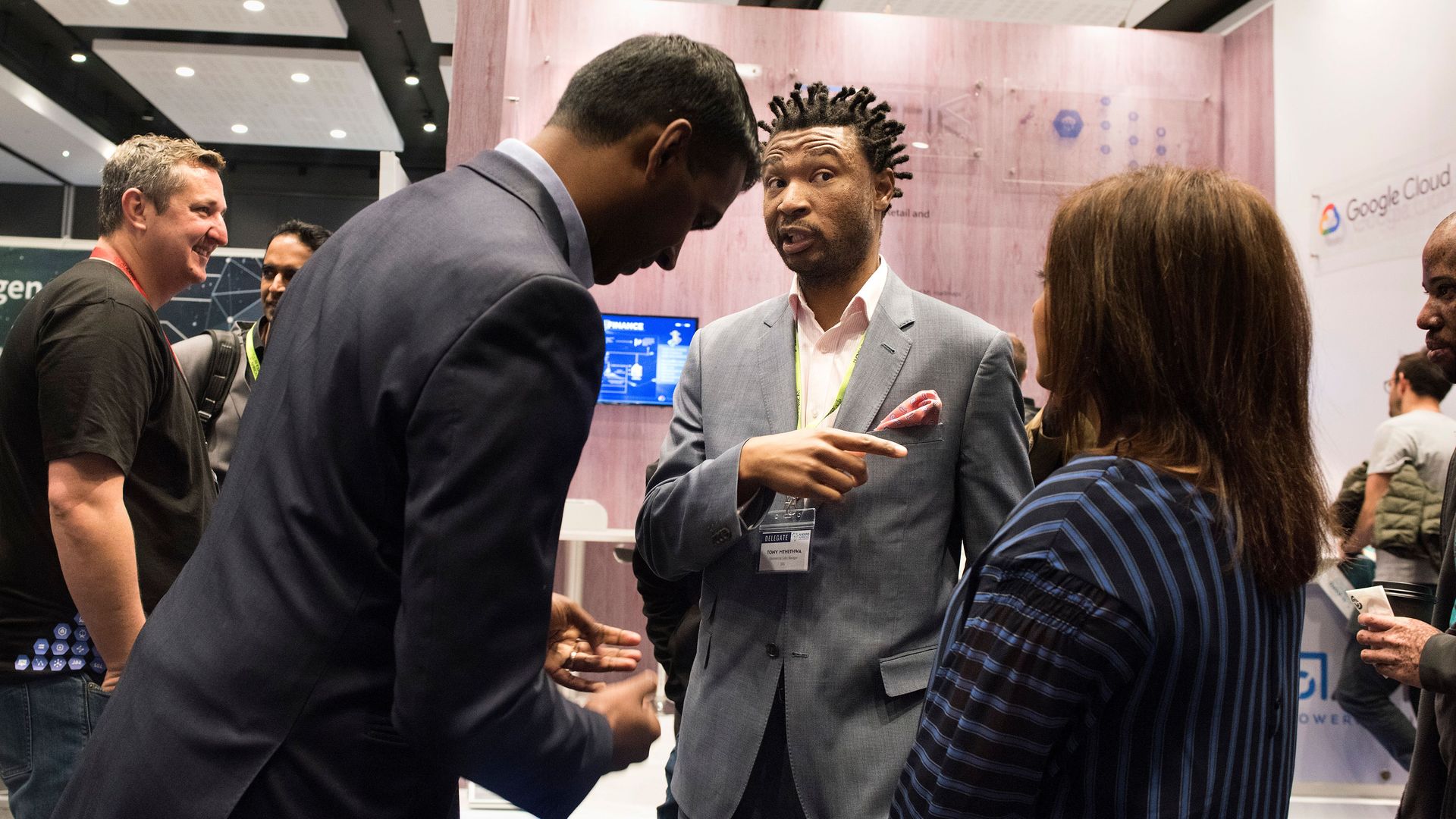
The success of mobile technologies across Africa is prompting speculation among tech investors about whether AI will likewise take off on the continent. But most African countries aren’t yet ready to benefit from the technology, a new Atlantic Council report suggests.
Reality check: AI depends on large volumes of high-quality data from which to learn and make decisions. While deepening mobile phone use means Africans today generate more data than ever before, the quality of that data is still poor and data-privacy regulations are mostly nonexistent.
Where it stands:
- The ability of national statistic agencies to collect and analyze high-quality data about populations and economies in Africa is the lowest in the world, having declined more in Africa than in any other region over the past 15 years. This means data on issues like education and household income is inaccurate or missing.
- Connectivity remains a challenge. Data collected from mobile phones skews toward Africa’s urban populations. Incomplete data causes AI to learn incorrectly and also opens the door to human biases — a critical issue in countries such as Kenya and Ethiopia with long-standing ethnic tensions.
- Only 11 African countries have data-protection regulations. The African Union’s Convention on Cybersecurity and Data Protection, adopted in 2014, hasn’t yet been enacted, and only 10 of 54 AU member states have ratified it. Data regulations generally safeguard against automated decision-making when personal data is involved. In their absence, individuals may become exposed to data abuses and rights violations.
Then there’s the issue of know-how. To build successful artificial intelligence applications, countries need capable engineers. But Africa faces a severe deficit of engineering skills: According to the World Economic Forum, the overall skills base of Africa’s workforce is the lowest in the world.
Yes, but: This doesn’t mean AI won’t catch on in any African countries. Google is opening an AI research lab in Ghana, for example, and IBM already has AI labs in Kenya and South Africa.
The bottom line: AI can succeed where factors necessary for its success — mobile connectivity, research hubs, government support and global partnerships — are rapidly integrating. But today, those factors are present in only a handful of African countries.
Aleksandra Gadzala is a nonresident senior fellow at the Atlantic Council's Africa Center and the founder and CEO of Magpie Advisory.







